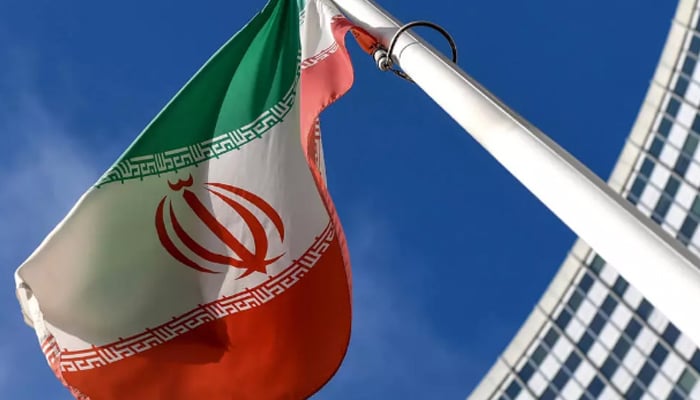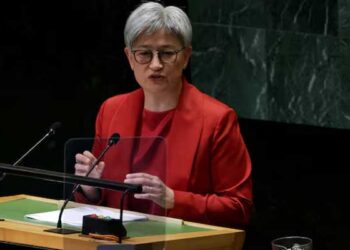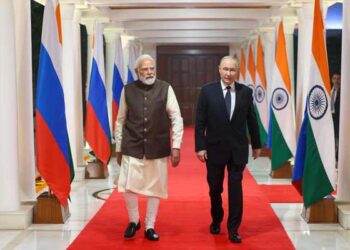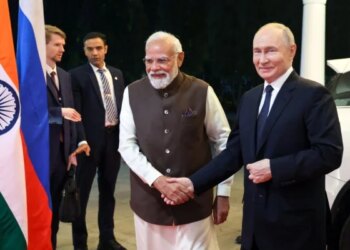Select Language:
- Deputy Foreign Minister calls on the UK, France, and Germany to give diplomacy more time.
- Tehran claims it is negotiating “with all our strength” in Geneva talks.
- Iran rejects European claims of legal and moral grounds for triggering a snapback.
On Tuesday, Iran engaged in discussions with European nations, aiming to prevent the reimposition of sanctions that they have warned they might enforce under the stalled 2015 nuclear agreement.
Kazem Gharibabadi, Iran’s deputy foreign minister participating in the talks with Britain, France, and Germany in Geneva, stated on X that it’s “high time” for the European trio “to make the right choice and allow diplomacy the time and space it needs.”
Earlier, Iran’s Foreign Ministry spokesperson Esmaeil Baqaei indicated that “our main goal is to prevent actions or incidents that could prove costly for the country.”
As negotiations with European diplomats approach their second round since a 12-day conflict between Iran and Israel in June, Baqaei emphasized that Tehran is “negotiating with all our might.”
This conflict, sparked by an unprecedented surprise attack by Israel, disrupted Tehran’s nuclear talks with the United States and led Iran to halt cooperation with the UN nuclear watchdog.
The European countries involved — signatories of the crucial 2015 Iran nuclear deal — have threatened to activate the deal’s “snapback mechanism” by the end of August. This would re-impose broad UN sanctions lifted under the agreement unless Iran agrees to limit uranium enrichment and cooperate fully with IAEA inspectors.
Baqaei argued that the European nations lack the legal and moral standing to trigger the snapback, asserting, “We won’t allow this matter to be used as a tool of psychological warfare.”
The deadline to activate the mechanism expires in October; afterward, UN sanctions would be permanently lifted. However, according to the Financial Times, Europeans have indicated they might seek to extend this deadline.
Iran dismisses the Europeans’ right to extend the deadline. Recently, Foreign Minister Abbas Araghchi said Tehran is working with allies China and Russia to thwart the reintroduction of sanctions.
The nuclear deal fell apart in 2018 after then-President Donald Trump withdrew the U.S. unilaterally and imposed severe sanctions on Iran.
Before recent clashes with Israel, Iran had conducted five rounds of negotiations with the U.S. to reach a new agreement regarding its nuclear program.
Israel’s offensive resulted in the deaths of top commanders, nuclear scientists, and hundreds of civilians, destroying military sites and residential areas alike.
Iran responded by launching ballistic missile strikes on Israeli cities, while the U.S. conducted targeted strikes against Iran’s nuclear facilities. A ceasefire between Iran and Israel has been in effect since June 24.







